9 purported health benefits of drinking coffee
Java may make you healthier, smarter, and slimmer — but not if you drown it with sugar and cream


A free daily email with the biggest news stories of the day – and the best features from TheWeek.com
You are now subscribed
Your newsletter sign-up was successful
"Often people think of coffee just as a vehicle for caffeine," wrote Dr. Rob van Dam of the Harvard School of Public Health. "But it's actually a very complex beverage," containing hundreds of different chemical compounds. Grown in more than 70 countries around the world, coffee has something of a contentious history with health experts, who have long cautioned that over-consumption may be detrimental to our health. More recent studies, however, paint a rosier picture for the Coffea plant's roasted berries (they're not actually beans), suggesting that when consumed in moderate amounts — and without heaping on the sugar and cream — the magical stuff can harbor numerous potential health benefits. A look at a few of them:
Coffee may help fight depression...
Start your day with a smile: A joint study from the National Institutes of Health and the AARP discovered that folks who quaffed four or more cups of java a day were 10 percent less likely to be depressed than someone who didn't drink coffee at all. Oddly, the same mental-health benefits didn't extend to other caffeinated beverages — particularly cola, which was linked to a higher risk of depression (perhaps because of the high sugar content). Therefore, researchers suggest coffee's "mood-lifting effect might be traced to its antioxidants," reported Prevention.
...and coffee-drinking adults are less likely to commit suicide
Along those lines, a massive public study from the Harvard School of Public Health found an astonishing statistic: Drinking two to four cups of coffee a day reduces the risk of suicide in both men and women by a surprising 50 percent. Researchers combed through the health data of more than 100,000 men and women, and pegged caffeine as the main mood-enhancer in coffee. "Unlike previous investigations, we were able to assess association of consumption of caffeinated and non-caffeinated beverages, and we identify caffeine as the most likely candidate of any putative protective effect of coffee," said lead researcher Michel Lucas from the school's Department of Nutrition. Researchers caution that any more than four cups, though, might actually prove detrimental to your mental health; a separate Finnish study concluded that people who drank eight to nine cups a day were actually at higher risk of suicide than those who drank a more modest amount.
The Week
Escape your echo chamber. Get the facts behind the news, plus analysis from multiple perspectives.

Sign up for The Week's Free Newsletters
From our morning news briefing to a weekly Good News Newsletter, get the best of The Week delivered directly to your inbox.
From our morning news briefing to a weekly Good News Newsletter, get the best of The Week delivered directly to your inbox.
It may be good for your liver
Numerous studies have suggested that caffeine helps the liver regulate itself. Research presented by the Mayo Clinic found that regular coffee consumption may reduce a person's risk of primary sclerosing cholangitis (PSC), a rare autoimmune disease that can lead to cirrhosis of the liver, liver failure, and even cancer. But that's not all. A separate 22-year-study of 125,000 people found that heavy drinkers who consume one cup of coffee a day were 20 percent less likely to develop alcoholic cirrhosis. Once again, those health benefits did not extend to other caffeinated drinks, including tea.
Java may help you (temporarily) lose weight
The use of green coffee-bean extract exploded when Dr. Oz claimed on his show that it "burns fat fast" with no additional diet or exercise. (Sure.) But what is the substance, exactly? Green coffee beans are seeds that haven't yet been roasted, thus preserving a compound called chlorogenic acid that disappears when heated. Although limited research has been done on the extract, and no serious side effects were reported in clinical studies, WebMD cautioned that the actual weight-loss research is "preliminary and poor quality."
While caffeine products generally do help with appetite suppression, the Mayo Clinic suggested that the results of water loss from caffeine consumption or calorie-burning via thermogenesis — when your body generates heat and energy from digesting food — aren't permanent. When it comes to weight loss, caffeine should be viewed as a supplement, and not a magical cure-all. So don't try this at home:

It's a legal performance boost
It's hardly a secret: Athletes and coaches have long used coffee to boost athletic performance before a competition. Caffeine, in particular, "has been proven to increase the number of fatty acids circulating in the bloodstream," reported The New York Times, "which enables people to run or pedal longer." (One study suggests that as many as two-thirds of Olympic athletes were found with caffeine in their urine.)
A free daily email with the biggest news stories of the day – and the best features from TheWeek.com
"I've worked with some endurance athletes in the past who would just stop and get a normal coffee at any shop before the race – and a lot of times their performance might be a little bit different," Dr. Mike Nelson, a researcher and performance specialist, explained to The Guardian.
So: How much should you drink prior to competing? Researchers at Coventry University in England discovered that the magic performance-enhancing ratio appears to be 6 milligrams of caffeine for every 2.2 pounds of body weight. For a 154-pound person, that's about two cups.
Milky coffees like lattes don't have high caffeine content, though. And caffeine levels vary based on coffee roast and variety. "In general darker roasts will have a lower caffeine content," Nelson said. "But even when outlets try to control for beans, brewing method and so on, the variability in caffeine content is still quite high." He recommends athletes who use caffeine to boost performance take it in a pill form, "because you can control your intake better."
It may lower your risk of type II diabetes
A study found that high caffeine intake may cut body fat and diabetes risk. "We know that caffeine affects metabolism and how energetic someone is. It makes sense that there might be an association," said Benjamin Woolf, who worked on the study.
However, caffeine alone is likely not the cause. High levels of caffeine are linked to higher metabolism and more physical activity, causing weight loss, which reduces the risk of diabetes. "This represents good hypothesis-forming or idea-forming science," said Dr. Stephen Lawrence, an associate clinical professor at the University of Warwick's medical school. "It does not, however, prove cause and effect. We, therefore, need to be cautious not to rush to over-interpret it."
Despite the correlation, scientists added that many caffeinated drinks are high in calories. "The science suggests relatively good evidence that consuming caffeine increases fat burning, even at rest. However, it does not constitute a treatment for obesity and, used wrongly, may result in weight gain or even harm," explained Lawrence.
It may lower your risk of Alzheimer's and Parkinson's
Yes, coffee may help keep your mind sharp as you age by slowing the onset of neurodegenerative disease. Multiple studies have suggested that coffee drinkers have up to a 60 percent lower risk of Alzheimer's and dementia, and the beverage may help reduce a person's risk of Parkinson's by 32 to 60 percent, Lifehacker reported.
Why? Chuanhai Cao, a neuroscientist at the University of South Flordia, has a theory: Cao told WebMD that caffeine "inhibits production of beta-amyloid," a protein that has been shown to build up in the brain of people with Alzheimer's disease. The older you get, the harder it is to metabolize — or use up — all that excess protein, which causes a log jam in your brain. The stimulant boost from java ensures "your system only metabolizes all of the available protein," says Cao.
Coffee might even make you smarter
Time and time again, studies have shown that caffeine — which blocks the neurotransmitters in the brain associated with sleep — can temporarily boost cognition, especially when you're not getting enough shut eye. "When you're sleep-deprived and you take caffeine, pretty much anything you measure will improve" Harris Lieberman, a research psychologist for the military, told CNN back in 2006. "Reaction time, vigilance, attention, logical reasoning — most of the complex functions you associate with intelligence. And most Americans are sleep-deprived most of the time."
Coffee may ward off skin cancer
So coffee is not only great for managing your mood, weight, and frayed nerves, but it also might decrease your risk of developing basal cell carcinoma — the most common type of skin cancer. A 2012 joint study between Brigham and Women's Hospital and Harvard Medical School followed 112,897 men and women over a 20-year period. What did they find? Women who drank three cups or more a day, for example, were much less likely to develop skin cancer than those who didn't drink coffee, or who only stuck to the decaffeinated sort.
Updated March 17, 2023: This article has been updated throughout to reflect recent findings.
Devika Rao has worked as a staff writer at The Week since 2022, covering science, the environment, climate and business. She previously worked as a policy associate for a nonprofit organization advocating for environmental action from a business perspective.
-
 How the FCC’s ‘equal time’ rule works
How the FCC’s ‘equal time’ rule worksIn the Spotlight The law is at the heart of the Colbert-CBS conflict
-
 What is the endgame in the DHS shutdown?
What is the endgame in the DHS shutdown?Today’s Big Question Democrats want to rein in ICE’s immigration crackdown
-
 ‘Poor time management isn’t just an inconvenience’
‘Poor time management isn’t just an inconvenience’Instant Opinion Opinion, comment and editorials of the day
-
 Scientists are worried about amoebas
Scientists are worried about amoebasUnder the radar Small and very mighty
-
 Metal-based compounds may be the future of antibiotics
Metal-based compounds may be the future of antibioticsUnder the radar Robots can help develop them
-
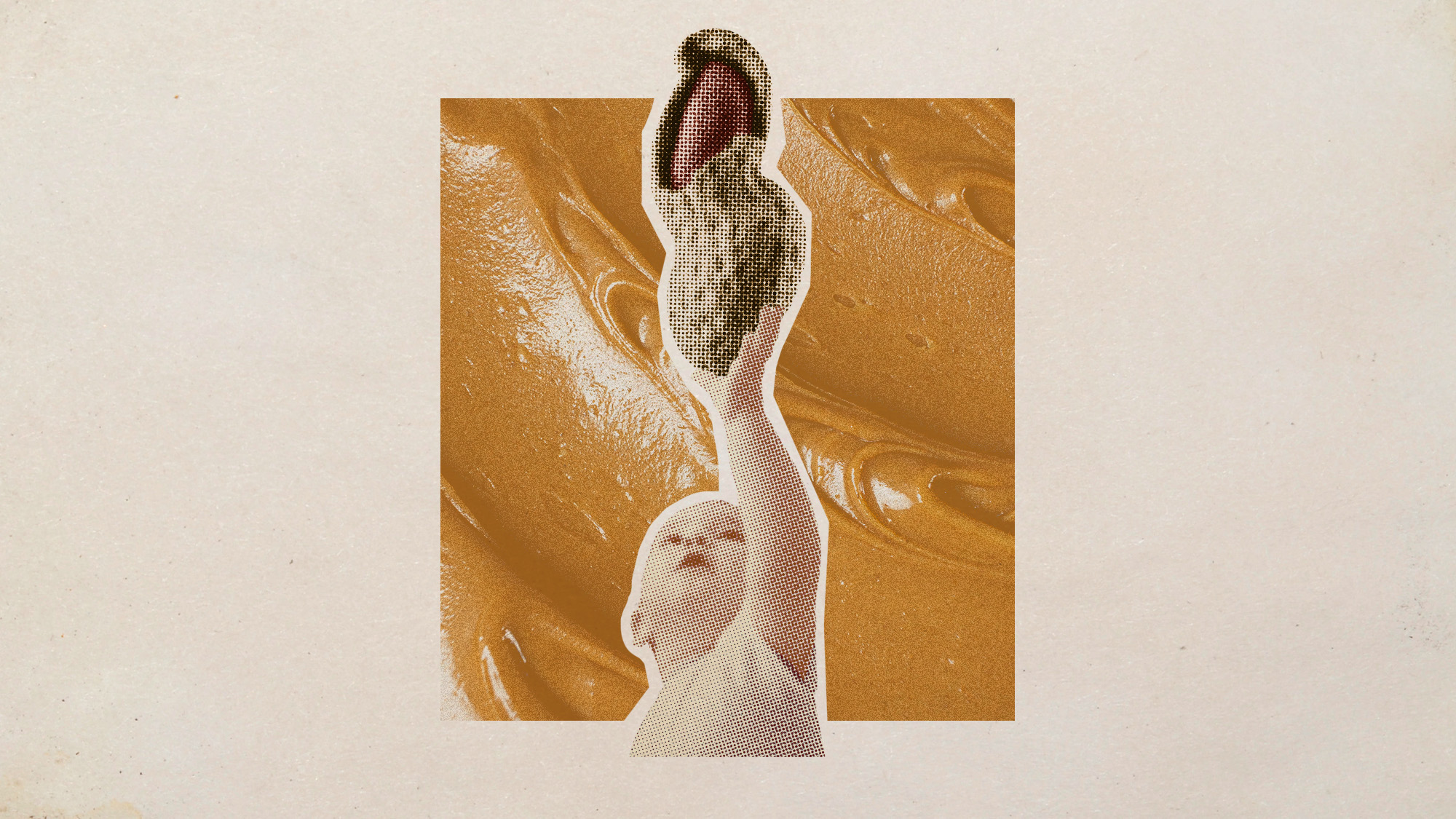 Peanut allergies have plummeted in children
Peanut allergies have plummeted in childrenUnder the radar Early introduction could be an effective prevention method
-
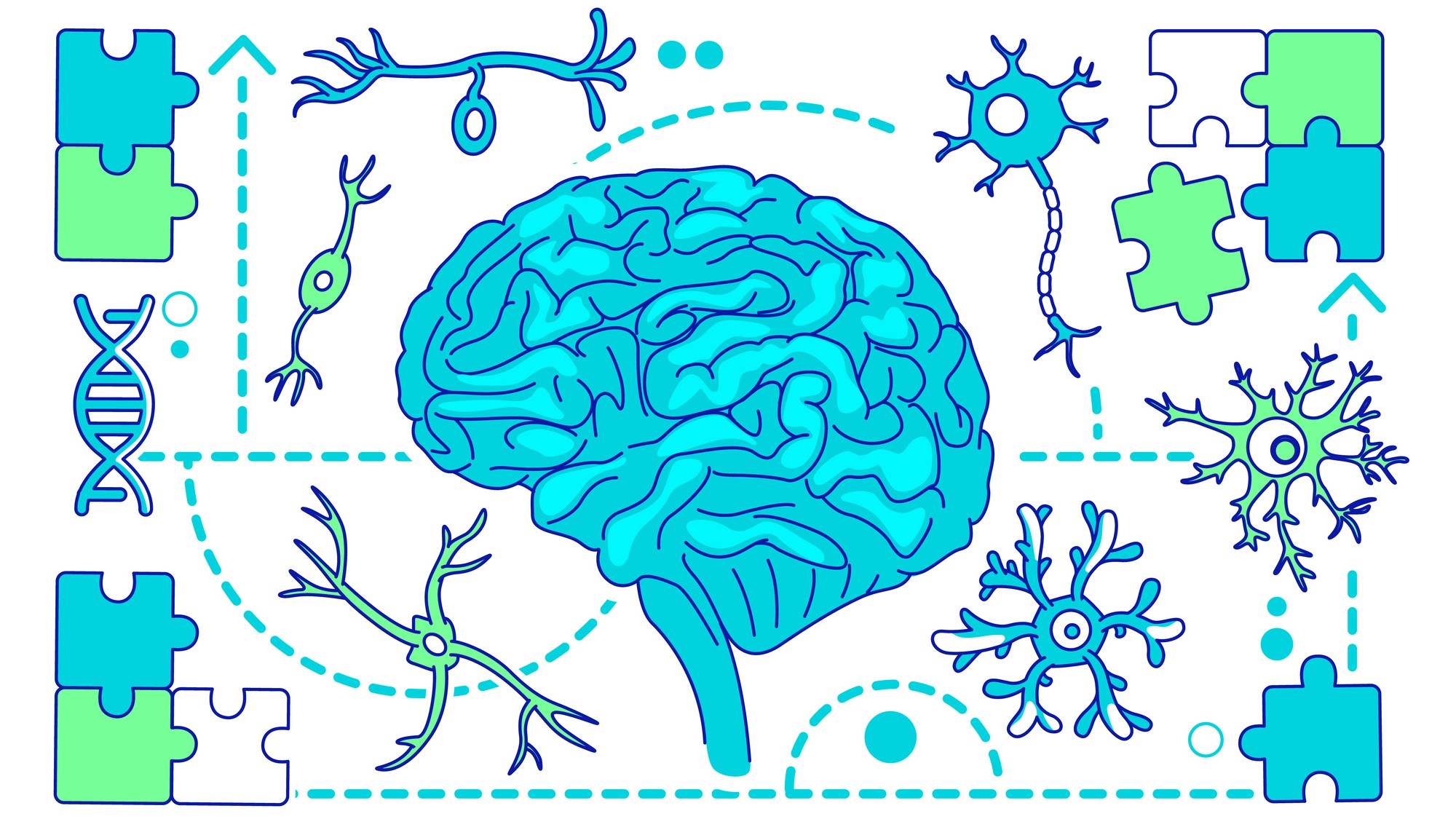 Human evolution may be responsible for autism rates
Human evolution may be responsible for autism ratesUnder the radar Neurodiversity and a complex brain may go hand in hand
-
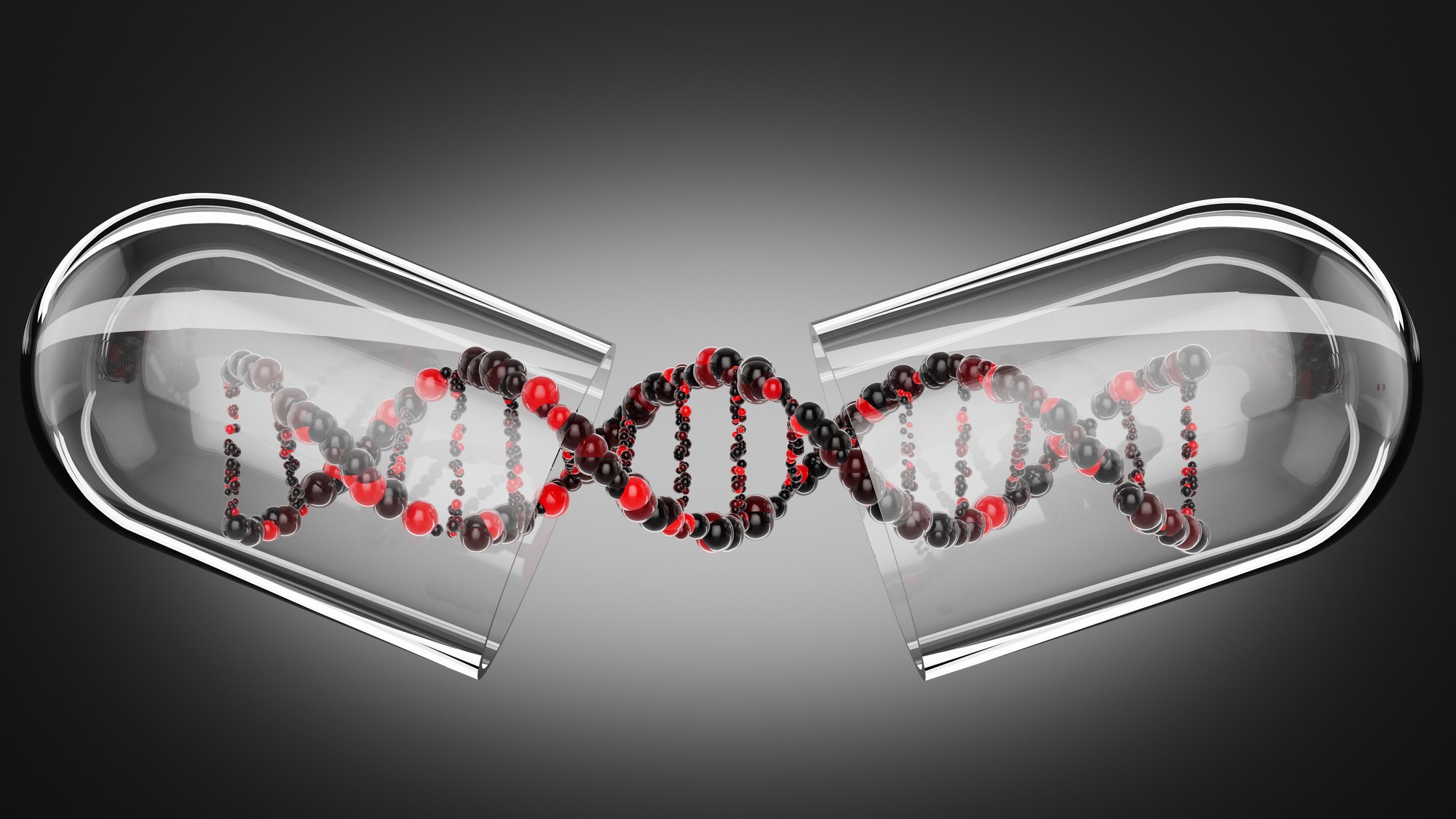 Scientists are speeding up evolution
Scientists are speeding up evolutionUnder the radar Proteins can evolve in minutes
-
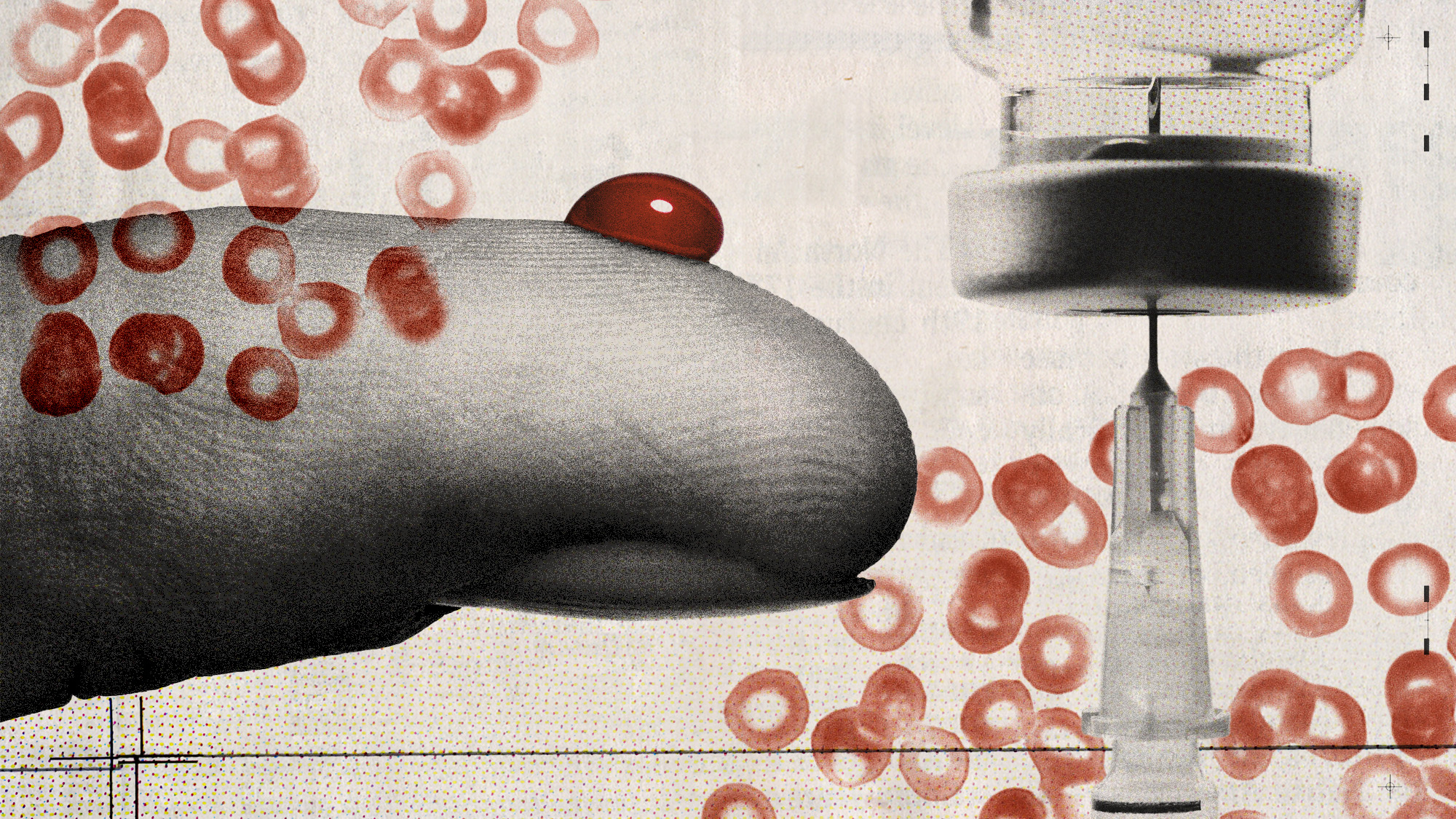 A new subtype of diabetes was found and it may require different treatment
A new subtype of diabetes was found and it may require different treatmentUnder the radar It is prevalent in Black Africans and Americans
-
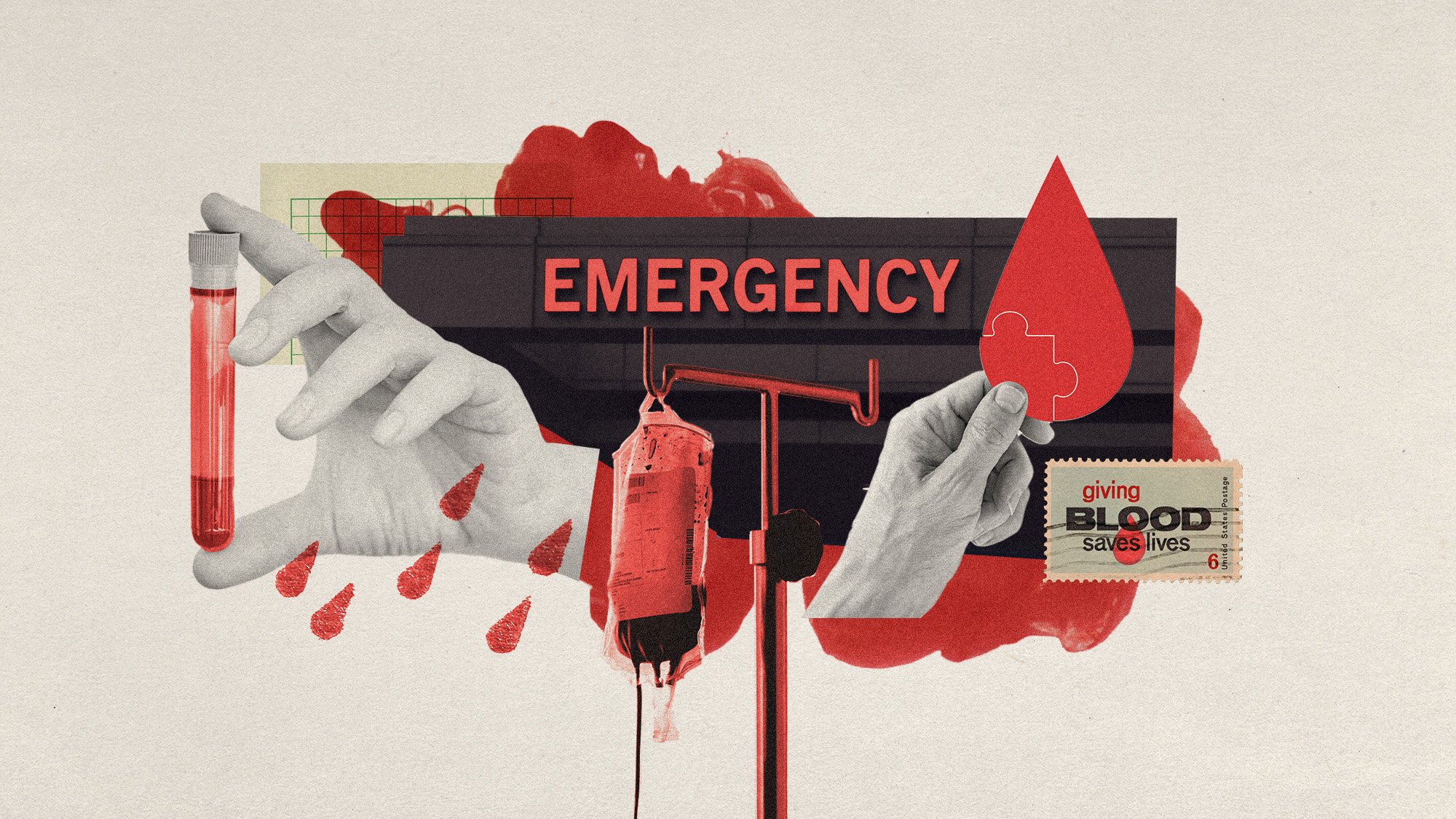 Scientists are developing artificial blood for use in emergencies
Scientists are developing artificial blood for use in emergenciesUnder the radar It could aid in global blood shortages
-
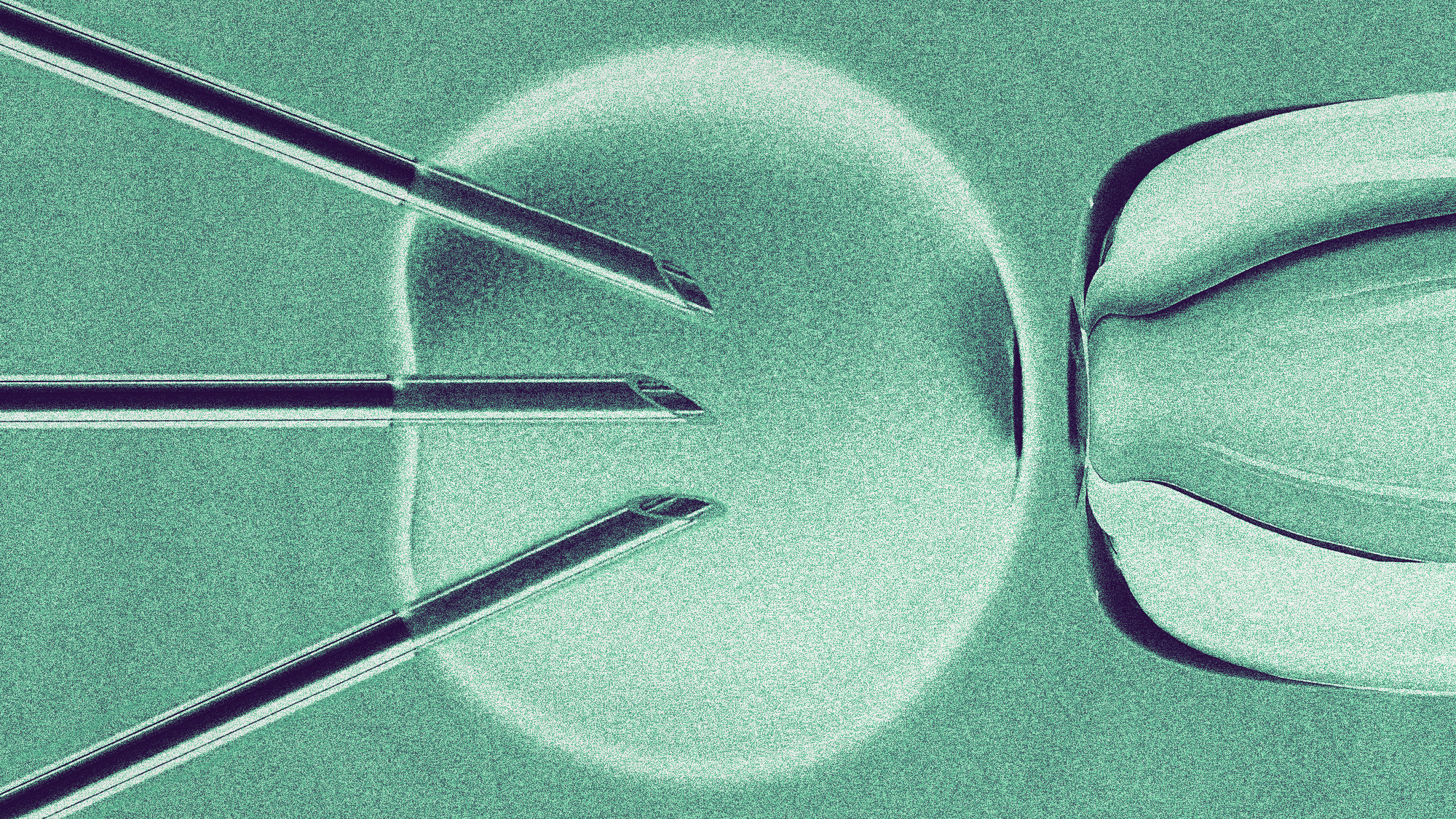 Babies born using 3 people's DNA lack hereditary disease
Babies born using 3 people's DNA lack hereditary diseaseUnder the Radar The method could eliminate mutations for future generations
